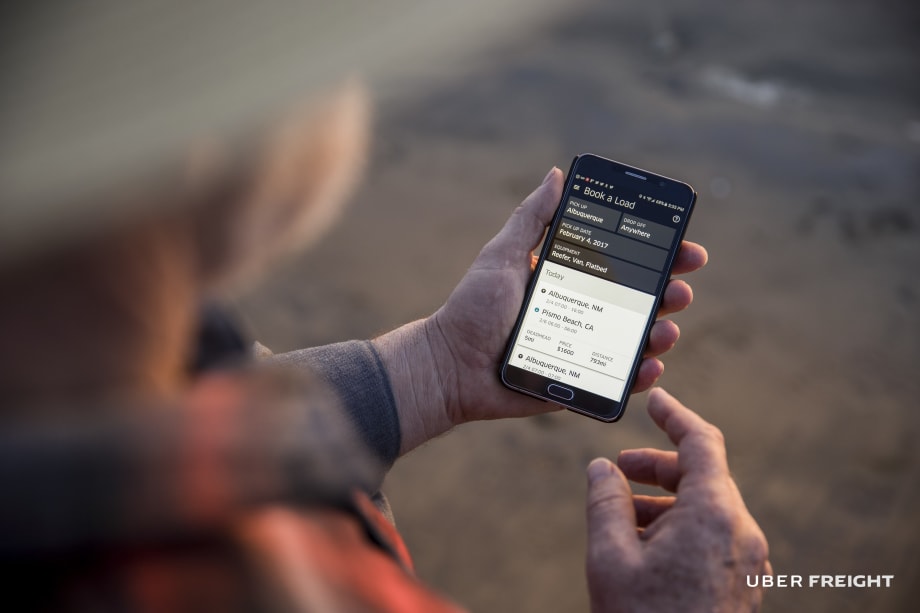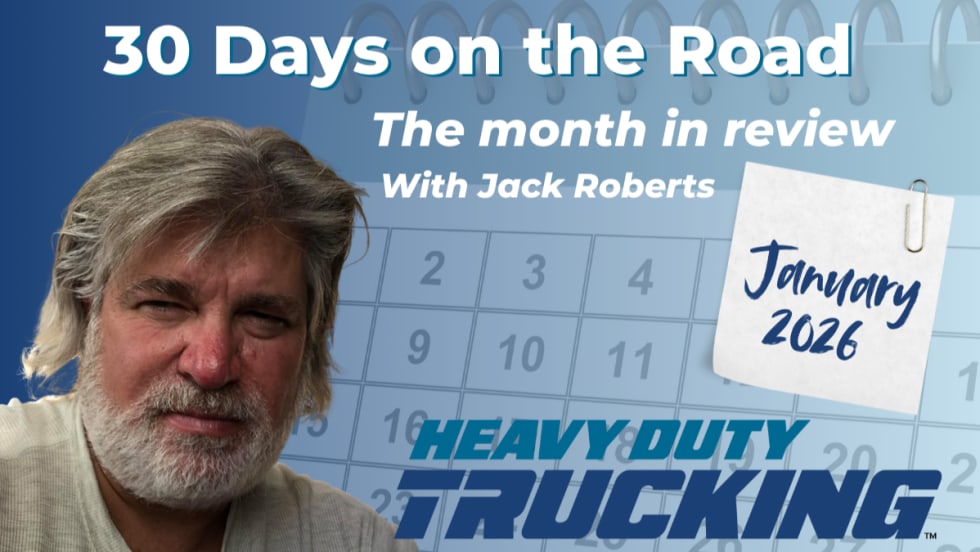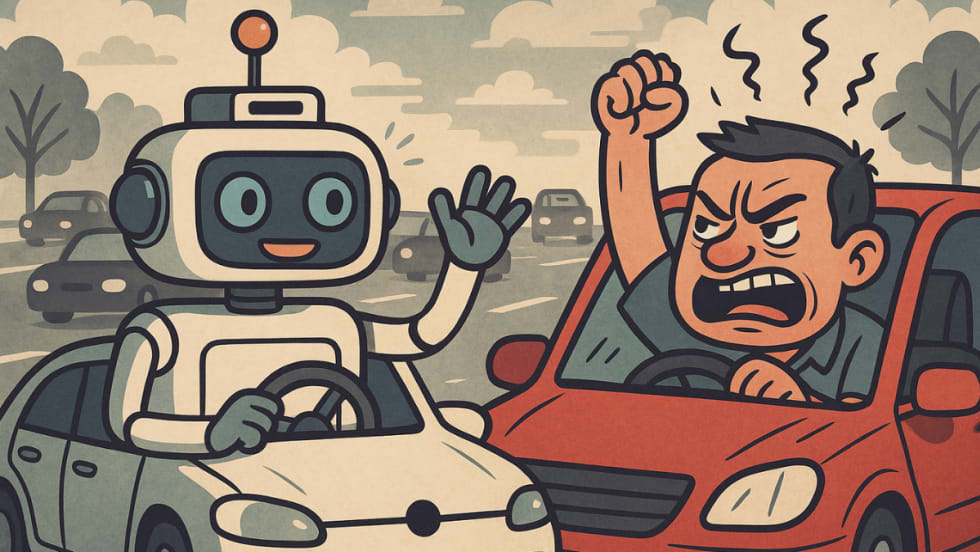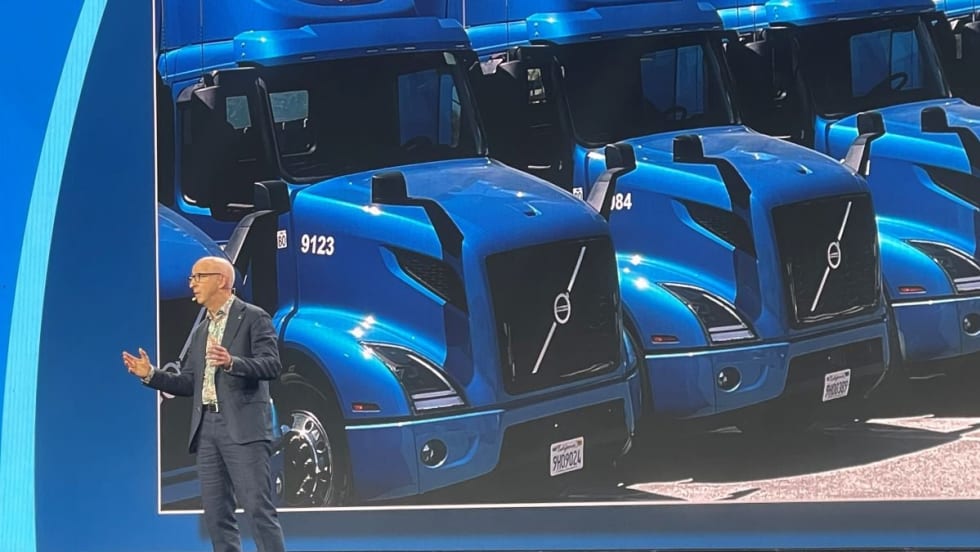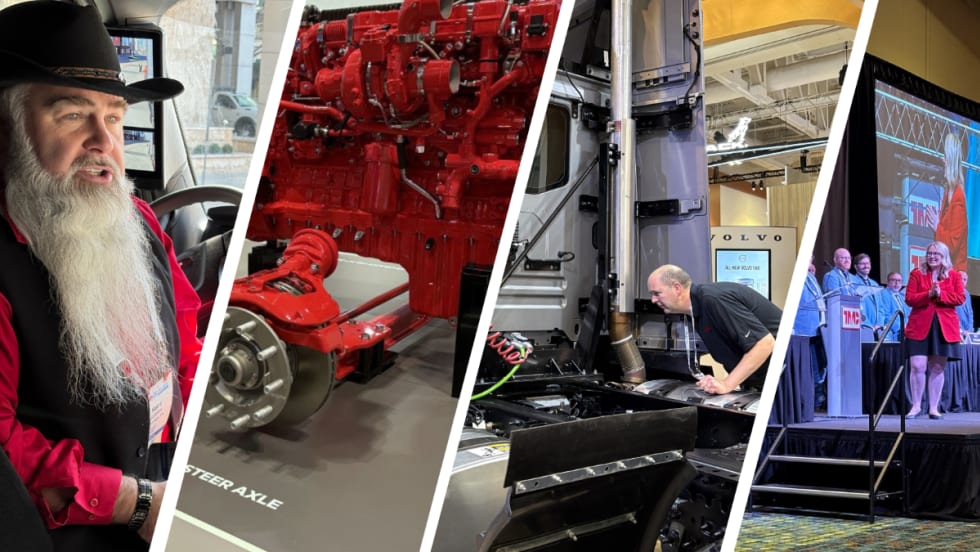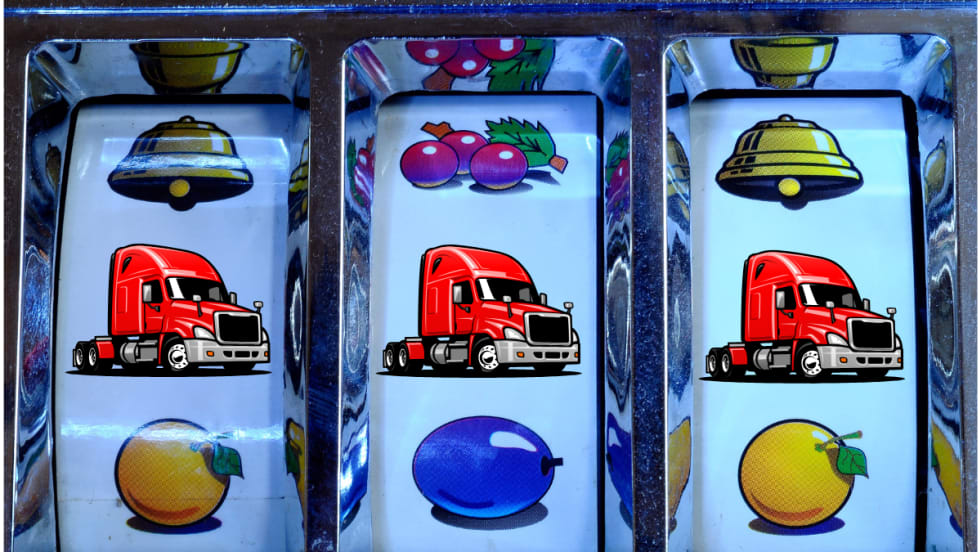I’m not a numbers guy.
In fact, I’m such a non-numbers guy that I suspect something isn’t quite wired right inside my brain when it comes to figures, addition, multiplication, division and all that stuff. If I’ve ever successfully worked an algebra problem in my life, I don’t remember it. I certainly haven’t used algebra since my last Math 101 class in college.
But even a numerically illiterate dolt like me pauses when he sees $54 billion lying on a tabletop, just waiting to be had. Because according to a recent article on the freight brokerage market in the U.S., that’s the amount of money on the table just waiting for someone or some company to come in an utterly transform how that business is done.
To an outsider looking in, the freight brokerage component in trucking is perhaps the most obsolete, inefficient aspect of the business – a cumbersome, time-consuming process that they feel can be transformed in ways that not only get freight moving faster, but also make life easier on drivers while putting more money in their pockets faster.
So we’re seeing various companies attempt to “digitize” that process by using data collected from various sources to quickly match loads and drivers going in the same direction and expedite the payment process in the bargain.
If I were a freight broker, I’d be worried. Because no matter how good your contact list is, how extensive your personal network is and how fast you work the phones, there is simply no way to have as much instant access to the volumes of data the digitization companies have. And while there hasn’t been a tipping point yet, you have to believe that it’s coming – a moment when the market decides that digitized access to freight is simply the easier way to go.
This is merely one example of the massive changes coming straight at trucking. While there are regulations in play forcing some of these changes (as with electric trucks), money is the prime driver for new people founding new businesses to bring new ideas into this industry. These people aren’t bored. They don’t need a hobby. And they’re not looking to show off how smart they are. They’re looking at the money on the table.
Consider this: In addition to the $54 billion freight brokerage market, Business Insider last year predicted that the in-home grocery delivery segment in trucking was likely to be worth $34 billion by next year. That’s a total of $88 billion for just two important, but relatively small, slices of an overall industry that the American Trucking Associations estimated did $700 billion in business in 2017. And like it or not, that much money is going to drive technology and change.
That doesn’t mean that massive changes are coming your way overnight. Regardless of what anyone tells you, diesel fuel and human drivers are going to be around for a long time to come.
But smaller changes are important, too. It may well be that your competitors are already experimenting with, or even routinely using, new technologies like freight digitization services as a way to get a leg up on you and your business. Because whenever that tipping point comes, you don’t want to find yourself – and your business – being left behind. In today’s fast-paced and constantly changing world, it is very possible that once you do fall behind on the technology curve, it may be impossible to ever catch up.




